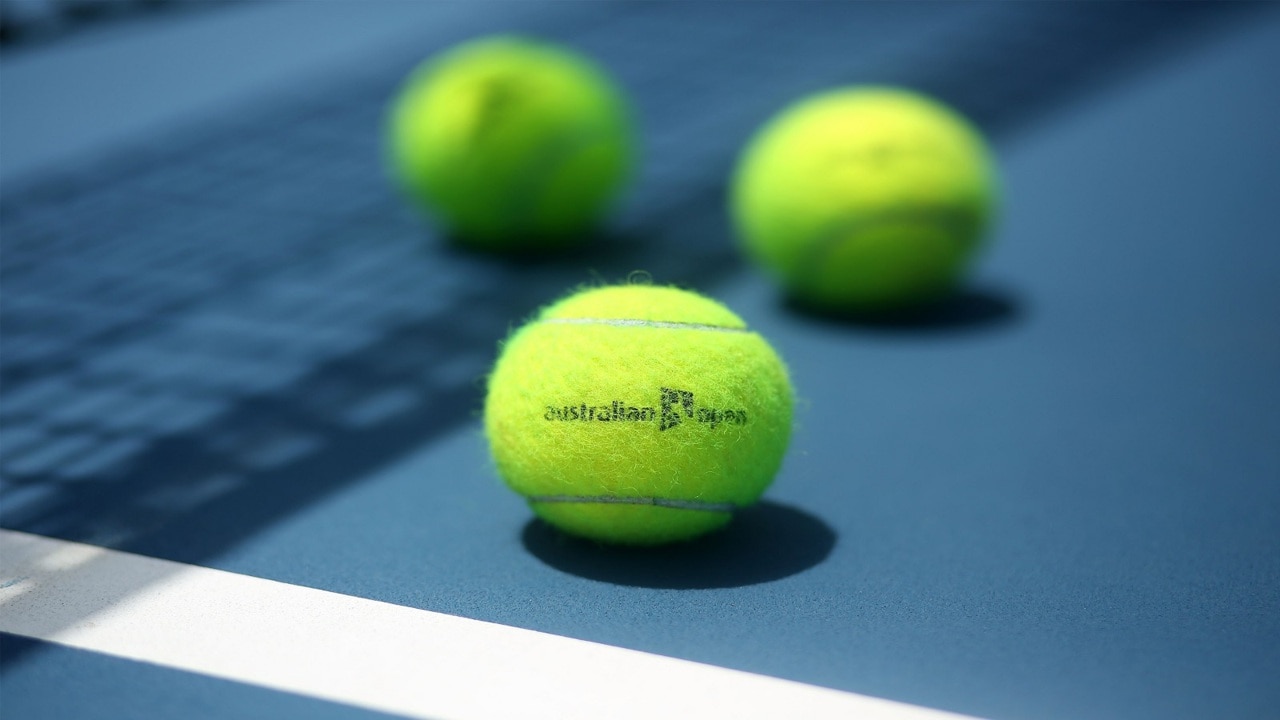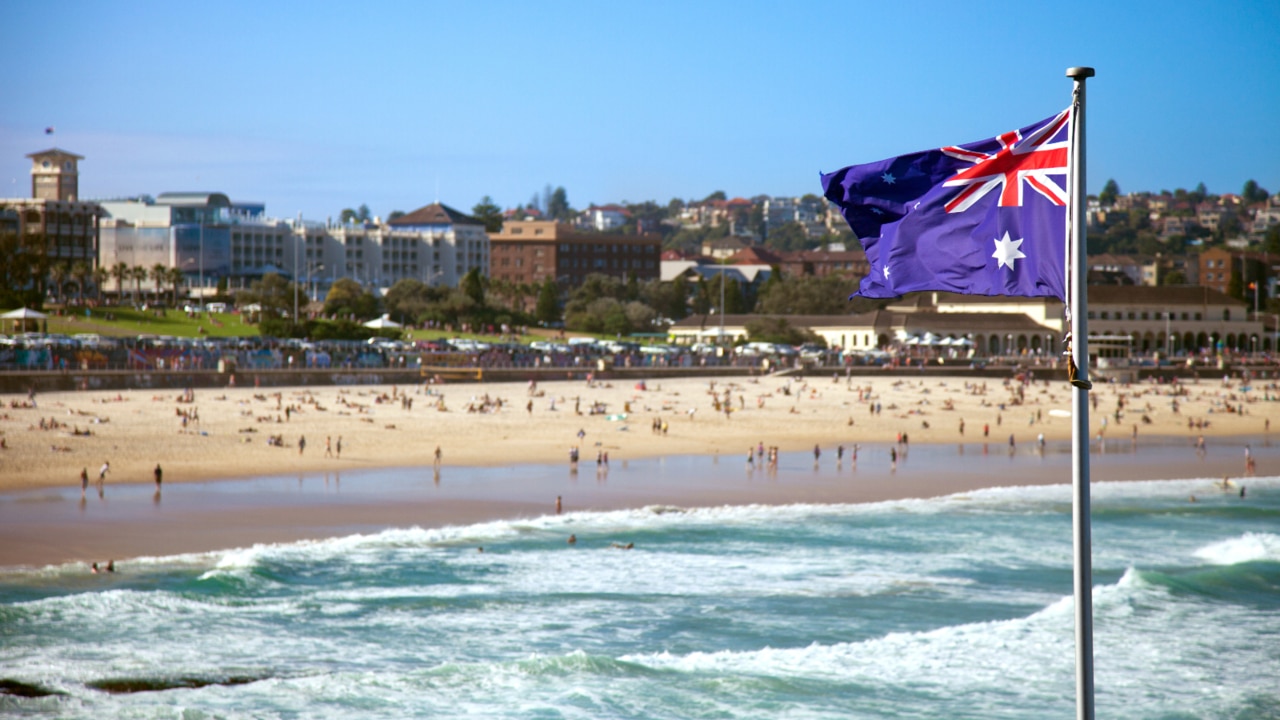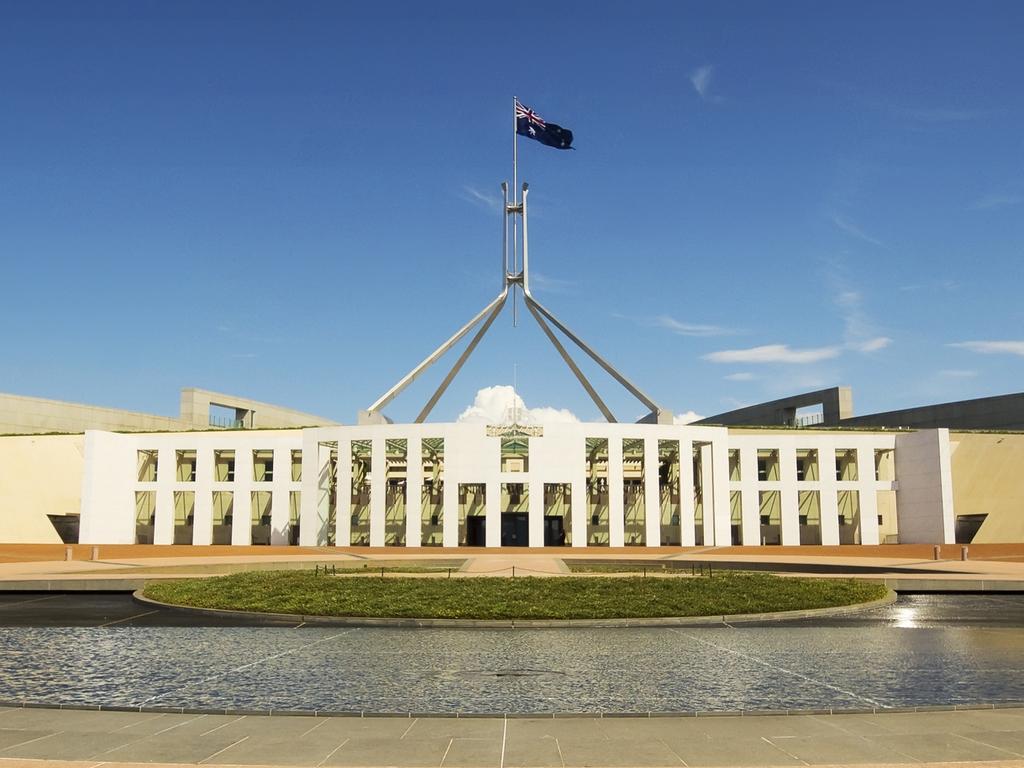Australia Day a time for respect, not playing bitter politics of shame


Common to these two forms of indoctrination, half a world apart from each other, is the notion that the British past is an imperialist past. The British empire, wherever it was constructed, was about the theft of land and the exploitation of indigenous people. Some of that is undeniable, and only a lunatic would be proud of it.
However, the fact the British, and what used to be called their kinfolk, might in the past have had or collaborated in great common achievements seems to count for very little. The defeats of Hitler and Japan in 1945 come swiftly to mind, as does the export of the rule of law and parliamentary systems around the world.
The latest attempt to wipe Britain from the record is to eliminate Australia Day on January 26, which marks the First Fleet’s arrival at Sydney Cove 235 years ago. It is no day for celebration, opponents of Australia Day argue, because it marks the anniversary of the dispossession of Indigenous Australians, and the theft of their country.

Citizenship ceremonies no longer have to be held on January 26. Some employers, wishing to show their deference to identity politics, have told staff they can work on the holiday and choose instead to take off a day that is not seen to mark the dispossession of those whose roots in the country extend back far beyond 1788. In short, there is a movement that increasingly argues the foundation of the Australia we know was an aggressive act that deserves condemnation and not celebration.
Never mind that if the British had not colonised Australia, another nation would have done so in time – the French or Dutch, perhaps, or even the Japanese. Never mind, too, that Australia has in those 235 years established itself as one of the world’s leading nations, embracing (like the “Mother Country”) humane values such as the rule of law, liberty and democracy. One has only to walk around the smallest Australian town, never mind the great Australian cities, to recognise that our country is a place built using the technologies, resources, expertise and experience of a non-Indigenous civilisation, and that our prosperity, our standard of living and our institutions are due to that. They are great Australian achievements, and part of what the country should be marking on Australia Day. As John Howard observes: “It is not white triumphalism to celebrate ‘the Australian achievement’.”
In the view of those who wish to rewrite history, Australia is described in ways few Australians, and few of Australia’s friends around the world, would recognise: as institutionally racist and offensively nationalist.
The former is now automatically applied to any society in which white people are perceived to wield most of the power. The latter is regarded by the left as a tautology, because to those on the left all expressions of national identity are inevitably offensive.
Most Australians recognise our Indigenous people: and, far from belittling or disregarding their culture, respect it and acknowledge it. The Aboriginal flag is flown on top of Sydney’s iconic Harbour Bridge alongside the Australian flag.
An acknowledgment of the traditional owners of the land is all too often made at the start of public events. The ABC uses Aboriginal and Torres Strait Islander names when it introduces places on programs.

Most Australians support the constitutional recognition of Indigenous people, which is not to be confused with the proposed policy advisory chamber to be known as the Aboriginal and Torres Strait Islander voice to parliament. (Incidentally, if this year’s referendum succeeds, would the voice provide cover for the Labor government to end Australia Day on January 26?)
National and state governments have striven to include and support Indigenous people and to ensure they are equal under the law in every respect.
These are important liberal values Australia has long held in common with the despised British peoples. No one would pretend that in the past the treatment of Indigenous people was even remotely acceptable by today’s standards. But those days are gone, and history cannot be undone. Sadly, there remains an alarming gap between remote Indigenous communities and the rest of Australia, including Aboriginal Australians in the cities. The former are plagued by welfare dependency, alcohol and drug abuse, intimate partner violence, languishing education and, as has been painfully clear this week, soaring crime rates.

For those Australians who look at the country our forebears have created, and feel disgust and the need to attack, the plight of remote Indigenous communities is rarely on their agenda. Symbolic gestures, such as changing the date of Australia Day, appear far more important.
However, serious political figures, led by Country Liberal Party senator Jacinta Nampijinpa Price, favour a new policy paradigm based on empowerment and the virtues of the work ethic. (Disclaimer: Jacinta is my friend and former colleague at the Centre for Independent Studies. )
Price, herself of Indigenous heritage, has in her speeches and actions exemplified how with understanding on both sides the Australian people, whatever their heritage, can respect each other’s way of life but unite behind the same ideals of liberty and prosperity.
“We should be thankful Australia is so peaceful,” she argues. “Forgiveness has always been an important aspect of Australian Indigenous culture … holding on to resentments leads to further conflicts, which can very easily result in serious violence.”
Price, like many of her heritage, understands exactly what many of European heritage also believe: that we are all Australians, no matter what our origins, and that Australia Day is a day to “reflect, respect and celebrate” that unity and not to seek, for political reasons, to undermine or destroy it. What a shame some Australians increasingly don’t feel able to join in the party and celebrate what a great nation they have the privilege of belonging to.
Tom Switzer is executive director of the Centre for independent Studies and a presenter at the ABC’s Radio National.






Young Australians are increasingly taught in the country’s schools to feel shame about our nation’s British heritage. This comes as no surprise to the British themselves, whose own children are increasingly taught in the same fashion to hate Britain’s past.